This podcast found in:
- Raw RecipesRaw Recipes Index
- MoreGoodies, About, Praise + More
- StoreApps, Courses + More
- CelebrateSeasonal Suggestions
- New To Raw?Start Here
- WellnessCreating Healthy Habits
- CommunityRawtarian Community
Hello Beautiful!
It looks like you're new to The Rawtarian Community. If you'd like to get involved, click one of these buttons!
Login to Community Signup for an account Login using FacebookTrending Community Recipes
Latest in the Community Forum
-

HIRE TECH CYBER FORCE RECOVERY: SWIFT SCAM FUNDS RECOVERY
adolph83wolfe - 3 hours 20 min ago -

HOW TO FIND A LEGITIMATE CRYPTO RECOVERY EXPERT, Hire a Hacker to recover from Crypto/Bitcoin Scam
savannahl - 4 hours 25 min ago -

LOST USDT-BTC RECOVERY EXPERT // TECH CYBER FORCE RECOVERY
adolph83wolfe - 20 hours 28 min ago -

HIRE THE BEST CRYPTOCURRENCY EXPERT TEAM
gonzalog - 1 day 9 min ago
-
- Community









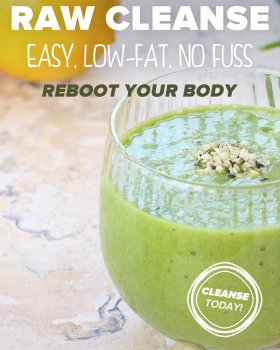








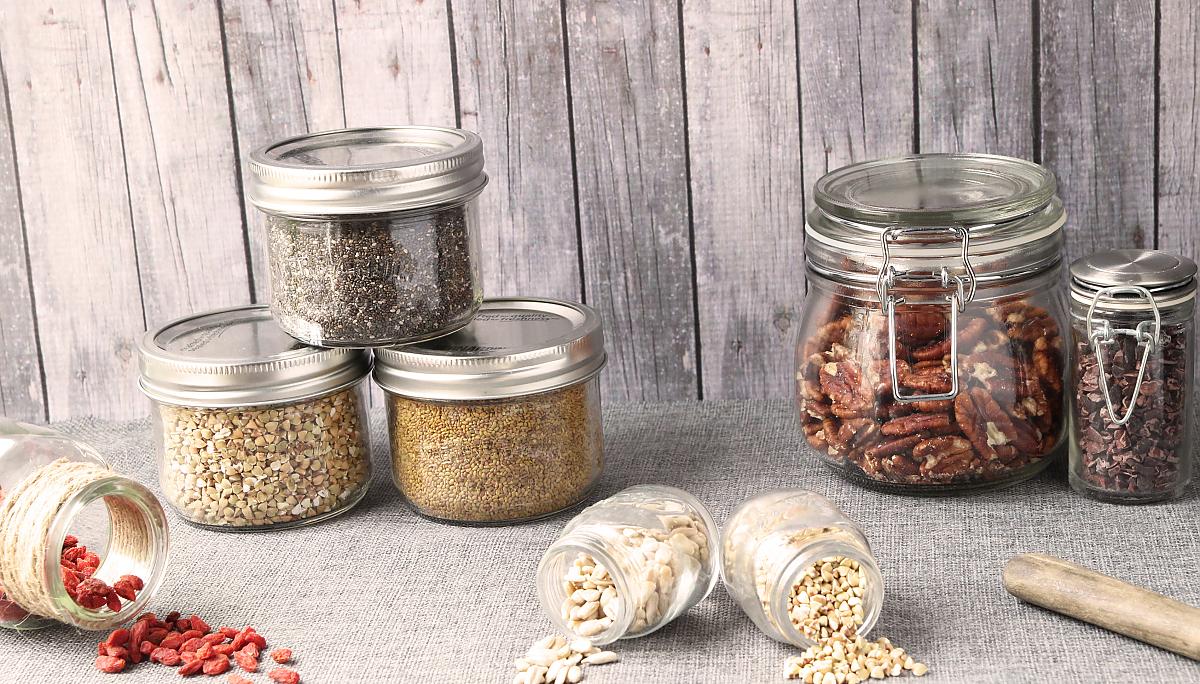

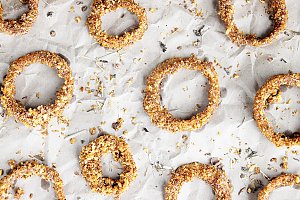
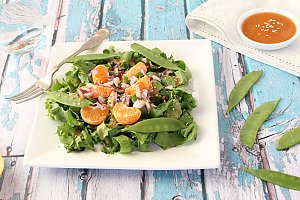
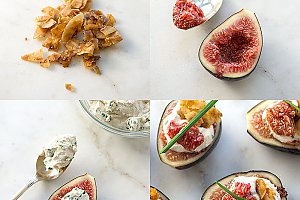




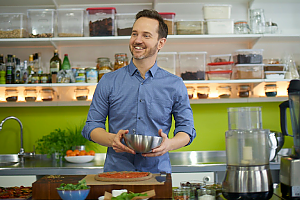
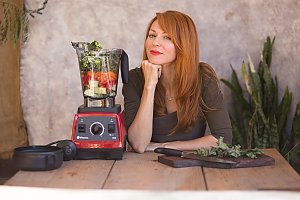

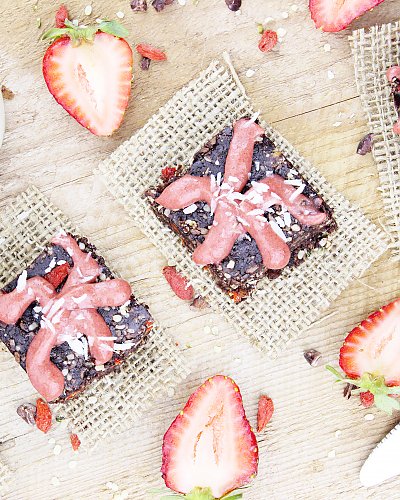
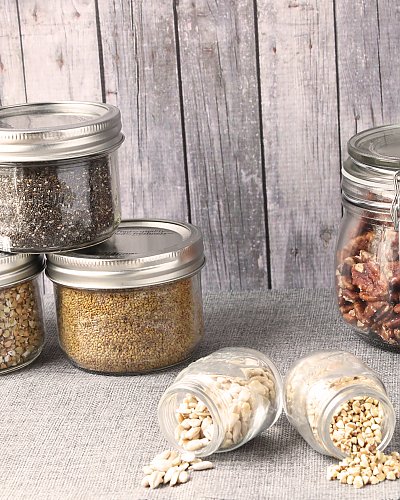
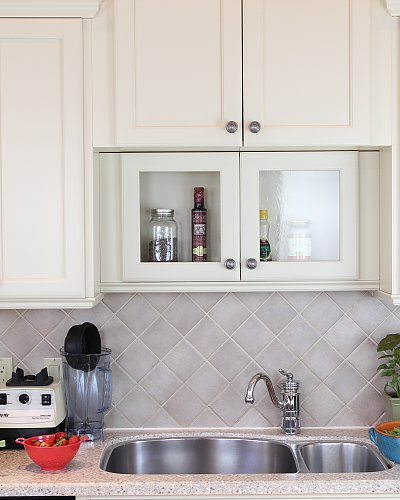
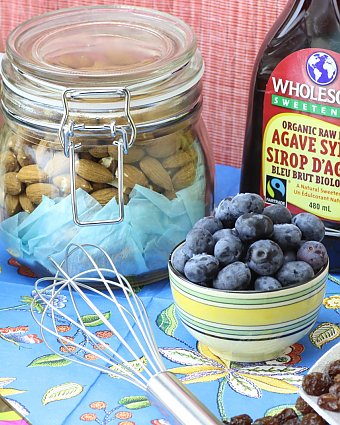





















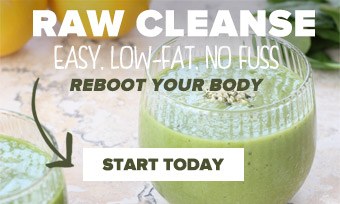
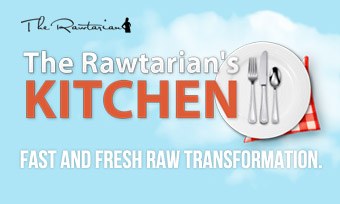
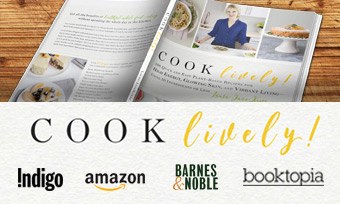





Top voted
All
Leave a Comment
The Rawtarian wants to hear from you! Let's get the conversation going! Leave a comment or review below.